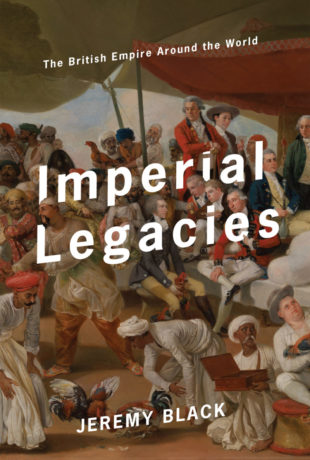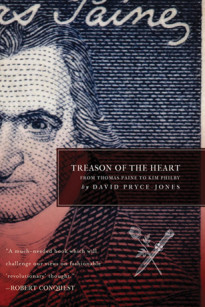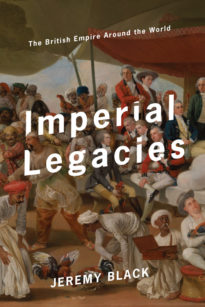The relationship between the reputation of the British Empire and that of American power has become a close one.
To treat these contemporary attitudes to empire (like also the social conditions then, or the treatment of women) as if Britain, and later the United States, could have been abstracted from the age, and should be judged accordingly, is unhelpful and ahistorical. Such a treatment is not a case of historical amnesia, but rather of amnesia about history and the process of change through time; or at least, and the distinction is important, the latter as approached in a scholarly, rather than polemical, fashion. Moreover, within the constraints of the attitudes and technologies of the nineteenth century, Britain was more liberal, culturally, economically, socially, and politically, than the other major European powers, just as the United States was to be in the twentieth century. Britain offered powerful support to the struggles for independence in Latin America and Greece, from Spanish and Turkish rule, respectively. Causes such as Greek independence and, later on, the Italian Risorgimento were genuinely popular in the nineteenth century, as was that of support for the Northern (Union), anti-slavery side in the American Civil War (1861–65).
In addition, as will be discussed in chapter 8, the British, although earlier the most active of the slave traders, were instrumental in ending the slave trade and slavery. This was despite the severe economic damage thereby done to the British colonies in the West Indies. Indeed, the Act for the Abolition of the Slave Trade (1807) reflected the strength of the moral strand in British public life. This strand drew greatly on the world of public discussion in Britain that reached into every hamlet, through the press and public collections and meetings. For example, anti-slavery literature was prolific and struck evangelical, providential, and humanitarian notes, as well as those focused on economics, just as opposition to the slave trade had done. Similarly, despite massive disruption in the shape of a destructive, as well as unpredictable, civil war, the U.S. Union states forced through the abolition of slavery in the United States, which hit the Southern economy hard.
The balance and character of moral concerns and engagement in the past may appear awed through the perspective of hindsight, indeed very awed (as ours of course also will be), but such concerns and engagement were strong. Furthermore, those who deploy hindsight might be better served directing their energy toward urgent present abuses, which include a continued slave trade and slavery; and both in Britain and elsewhere. A consideration of the past can lend urgency and energy to debate about the present, and valuably so, but applying hindsight is also far easier than correcting present abuses.








